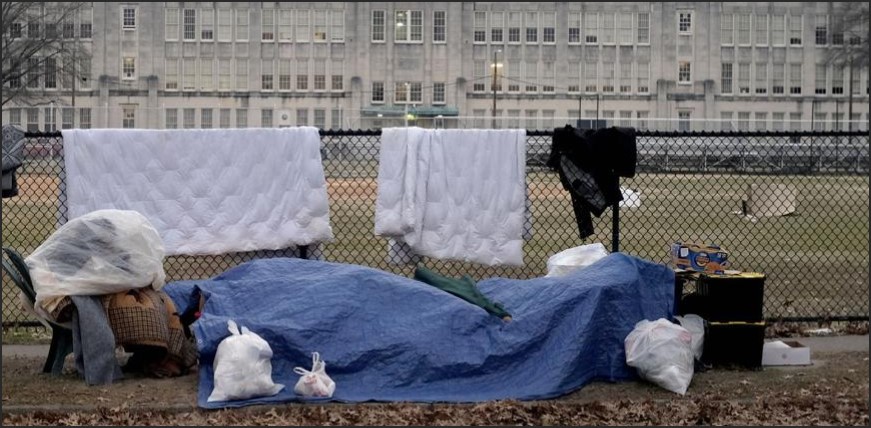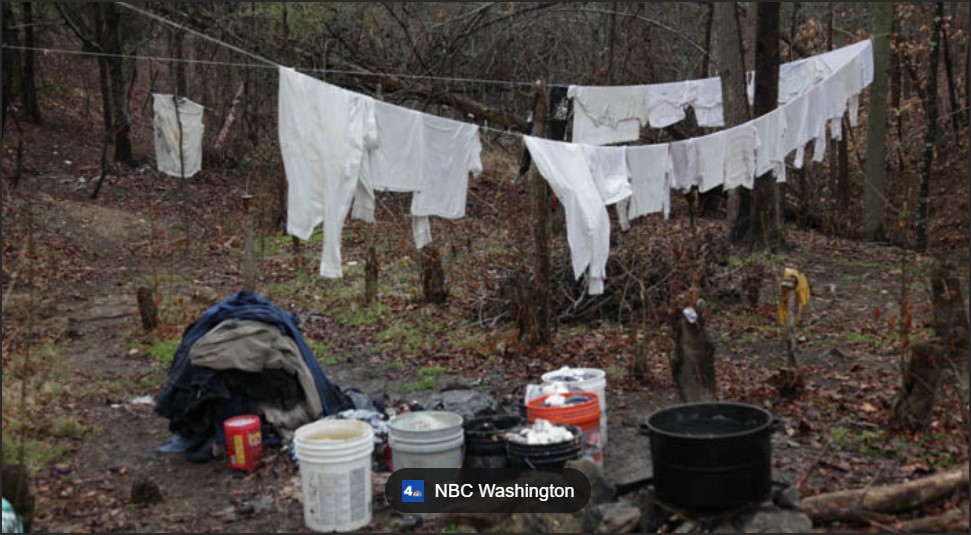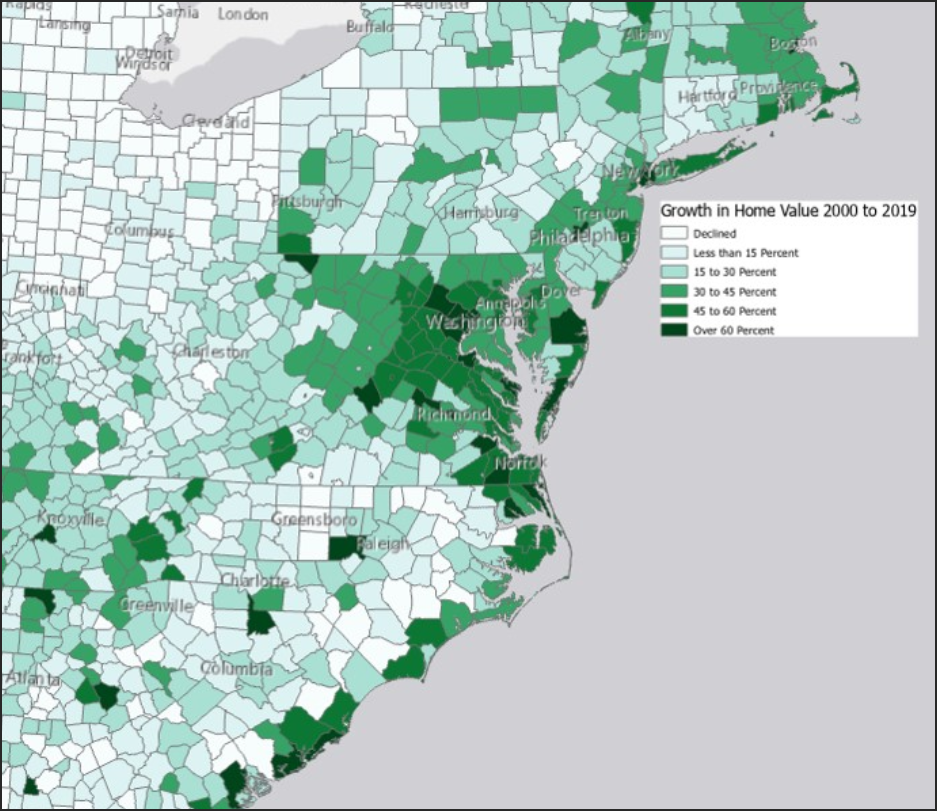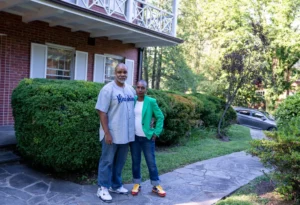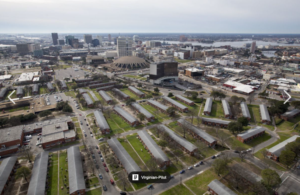
Courtesy UVa
by James C. Sherlock
In July I published a series of reports here on the lack of sufficient low-cost housing.
The University of Virginia is addressing that problem head on in Charlottesville and Albemarle County. The innovation at the core of the program can be applied by Redevelopment and Housing Agencies (RHAs) across the state.
The idea came from the fact that 30% or more of the cost of developing housing is land cost. If a government, university foundation or any landowner would lease — long-term — underutilized land to a private property developer at a negligible land rent, the developer can make a profit with rents that are 30% below market.
This is how the University is building workforce housing for police, firefighters, nurses, school teachers and university blue collar workers. The idea, introduced by Jim Murray, a member of the Board of Visitors now also on the Affordable Housing Advisory Group at UVa, has been around for at least six years.
The concept will soon be reality.
The University program details can be found here.
Every city and county has an inventory of land, some of it forfeited in lieu of tax payments or seized in civil or criminal proceedings. In combination with zoning actions, it can be used for low-cost housing.
The UVa program is replicable. I hope the RHAs will consider it.


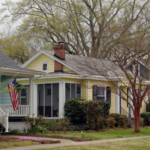


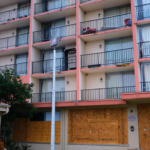
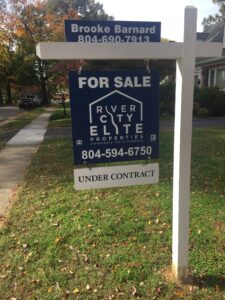 by Dick Hall-Sizemore
by Dick Hall-Sizemore